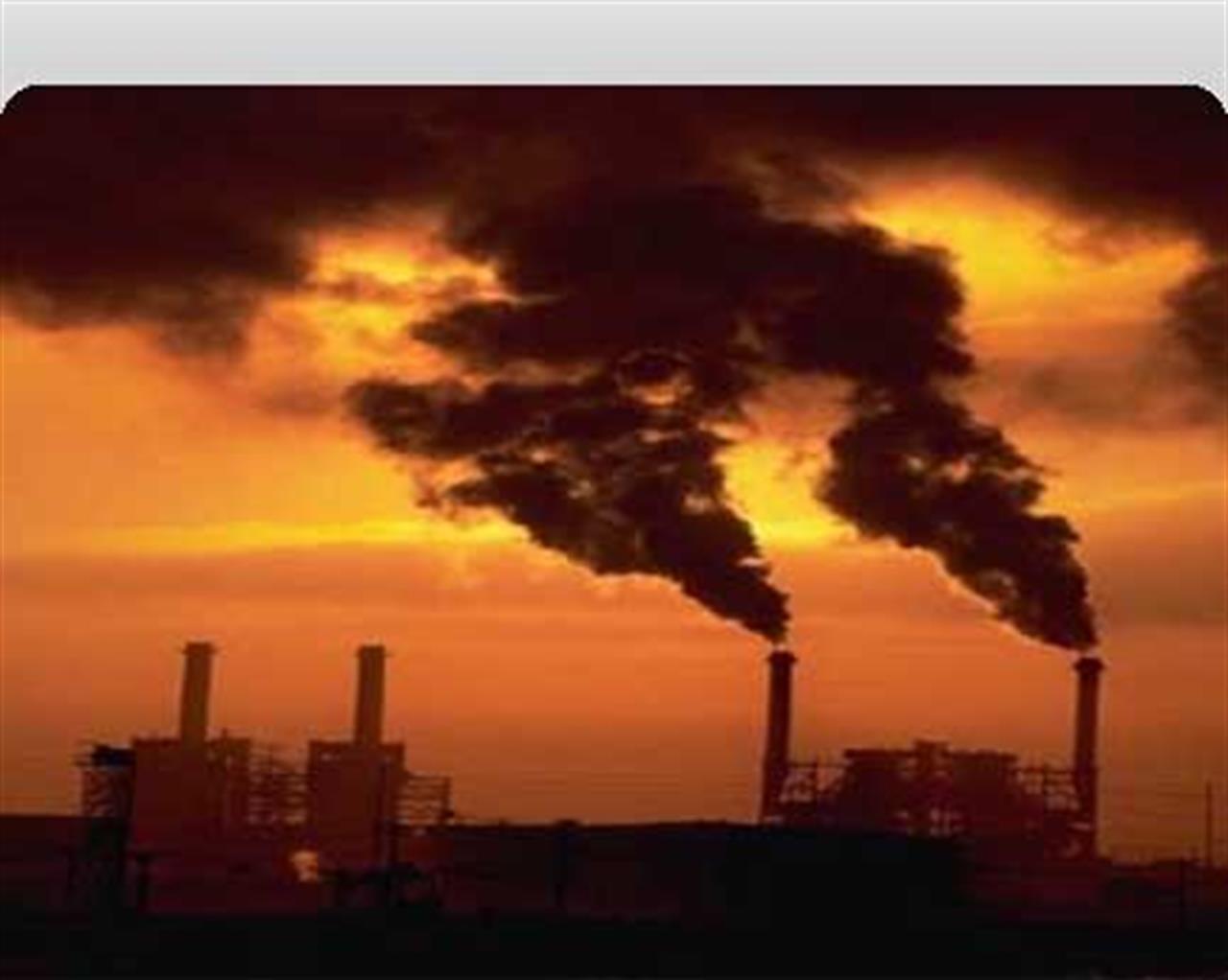Non profit
WWF gives G8 countries a climate reality check
WWF/Allianz climate scorecards, published on July 1, give G8 countries their yearly evaluation, with no clear winners.
di Rose Hackman

“Climate change is the greatest threat to development and prosperity on this planet, endangering people and cultures as well as the natural base of life.”
This is the sentence that begins the 2009 WWF/Allianz climate scorecard report published for and ahead of the G8 summit this July. The introduction to the report, written jointly by Dr Joachim Faber, of the financial services provider Allianz, and James P. Leape, General Director of WWF, is dramatically entitled, “Now is the time for decisions”. It seems to be implied that we have reached a crossroad, and it is either now – or it is never. And never does not present a pretty picture.
The initiative to create scorecards and for two such unlikely partners to cooperate, is justified by the belief that the “financial sector has a key role to play to avert dangerous climate change.” Fair enough.
The exercise of writing up climate scorecards ahead of G8 summits has now been going on for the last three years. Its aim is to create a climate responsive profile for each G8 country complete with a ranking. This has the effect of putting each country into a global perspective, not only pointing out the responsibility of industrial power houses, but also in some way making them directly accountable.
Indeed, the report’s analysis shows that although action is underway in all countries, it is insufficient to keep the planet below the danger threshold of the all too well-known 2°C rise of average global temperature.
Beyond the need to reverse the global warming trend, the report also highlights the fact that industrialised countries will need to decrease their emissions by 95% by 2050. Unfortunately current trends are still going in the opposite direction.
Despite this bleak picture, the report has a positive tone, in fact it is a kind of call for action. Scorecards list every country’s achievements since 1990, current positions, and future commitments. In this way, they give a clear insight into climate goals’ putting into practice, and the possibility for leaders to grasp the opportunity to change the way in which the world is going. They further present an opportunity for individual citizens and groups to have the precise factual cards in hand to be able to speak out against their governments and apply specific pressure.
The scorecards actually make for an interesting read and in their simple three way analysis, a few surprises do emerge.
Who would have thought, for example, that Canada, with its reputation of nature friendliness, trustworthy people, and high living standard, would be the black sheep of the lot, taking position number 8? Or that the United Kingdom, with its capitalist centre, and strong industrial tradition would come in second position just behind Germany, complete with a gold star for “innovative measures” and “driving international debate”?
As for Italy, it is in a very comfortable fourth position, behind Germany, the United Kingdom and France, but in front of Japan, Russia, the USA and Canada. It is by no means described in glorious terms though. First of all, the fact that it is not doing worse, is explicitly justified in the report by its “economic structure”: code for economic weakness? Indeed, Italy is the only country to have per capita emissions on a linear path from the average level in 1990 to minus 95% in 2050 – a fact quickly and repeatedly dismissed by the “economic structure” of the country. In other areas Italy comes bottom: policy is reported as feeble and strategic approach lacking.
Japan presents a positive example for “vehicle efficiency”, while the USA receives top marks for improving, with the Obama administration mentioned in a positive light for its “ambitious plans for new climate change policies”.
There is no hero though. All countries are duly given their comeuppance, this year more than ever. Because 2009 is a crucial year for climate change, and the G8 is just a cold run for the real test that will come at the UN conference in Copenhagen this December. Leaders at the G8 will set the course for Copenhagen, let’s see which path they take.
Follow this link to read scorecards
17 centesimi al giorno sono troppi?
Poco più di un euro a settimana, un caffè al bar o forse meno. 60 euro l’anno per tutti i contenuti di VITA, gli articoli online senza pubblicità, i magazine, le newsletter, i podcast, le infografiche e i libri digitali. Ma soprattutto per aiutarci a raccontare il sociale con sempre maggiore forza e incisività.
